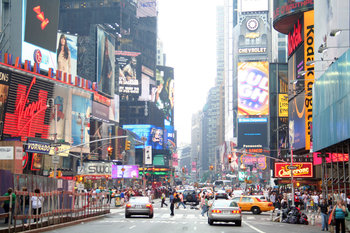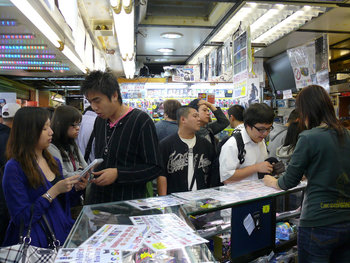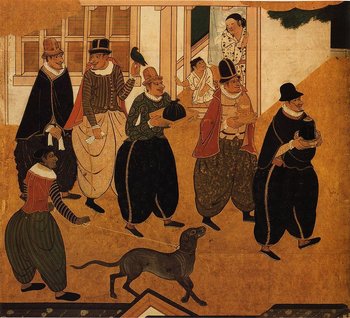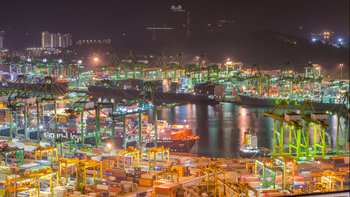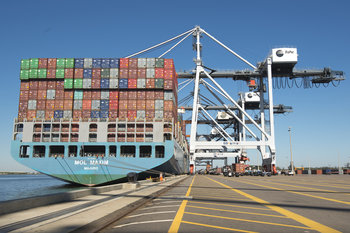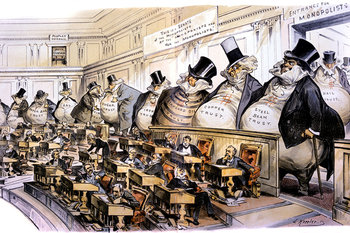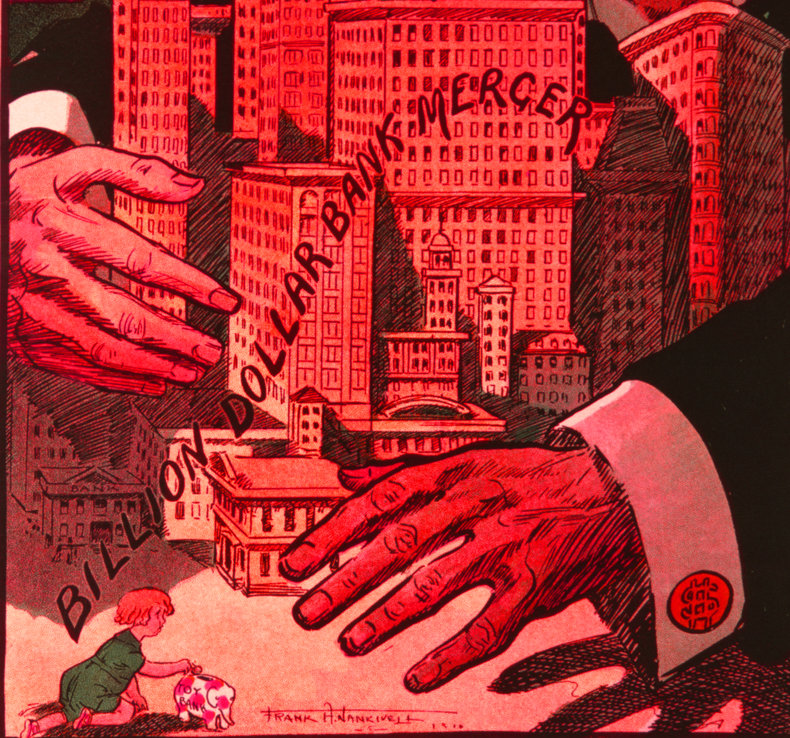
Monopolies
Single firms that dominant a market such that they have no competition that threatens their core business. This allows the firm to charge high prices, reduce quality and treat customers poorly because customers have no real alternatives.Oligopoly
A market dominated by three firms or less. This tends to result in less intensive competition as there are barriers to entry for new firms that would normally challenge any mediocrity or poor practices that emerge in the industry.Information Asymmetry
Information asymmetry such as a market for bicycle helmets where the producers have information about the safety of the product but consumers have no way to judge safety such as an independent standards organization that evaluates products. This creates inefficiencies such as an industry that produces relatively useless products simply because consumers can't judge quality.Government Interference
Government interference in free markets such as subsidies that encourage firms to overproduce a particular good.Crowding Out
Overly burdensome taxes that lower competition by shifting resources from the private to public sector. For example, a nation where government spending represents 50% of GDP such that the government is dominating the use of the factors of production. As a hypothetical example, a nation where there are few incentives to start companies in highly regulated and overtaxed industries but great incentives to get a government job.Administrative Burden
Rules and regulations that make it difficult for new firms to emerge in an industry.Cronyism
Government participation in markets often makes things uncompetitive. For example, cronyism whereby a government grants construction projects to friends of politicians. This creates inefficiencies such as infrastructure that is built to put money in pockets as opposed to serving some public need.Bounded Rationality
A competitive market is driven by an intelligent and informed consumer that makes rational choices. Where this doesn't occur, competition is imperfect.Externalities
Firms that don't pay the true costs for producing a product. For example, international trade where one firm must treat people and planet responsibility but another has no such restriction. This creates a broken competitive environment that can be described as survival of the most destructive.| Overview: Imperfect Competition | ||
Type | ||
Definition | A competitive market that features structural obstacles to fair, open and lively competition such that markets are inefficient. | |
Related Concepts | ||









